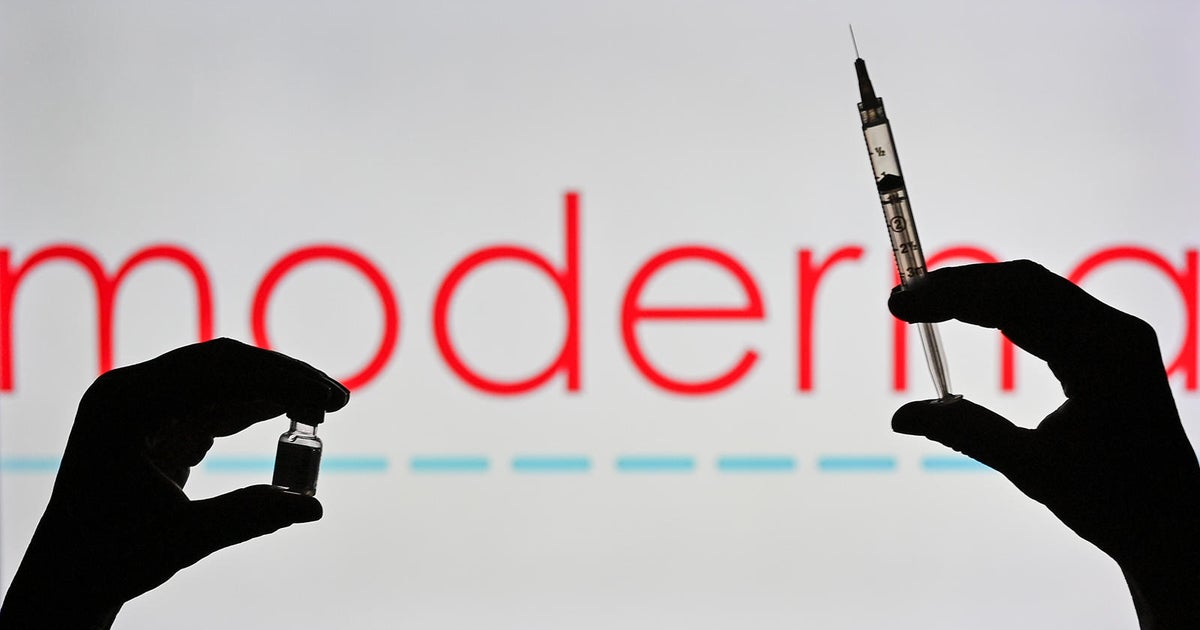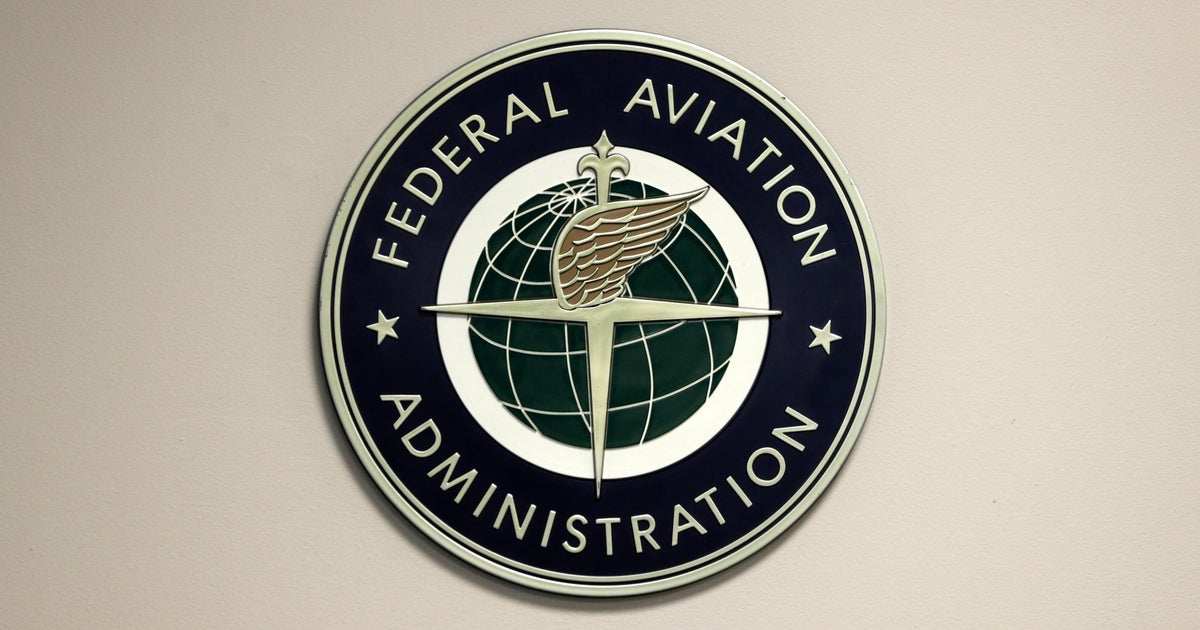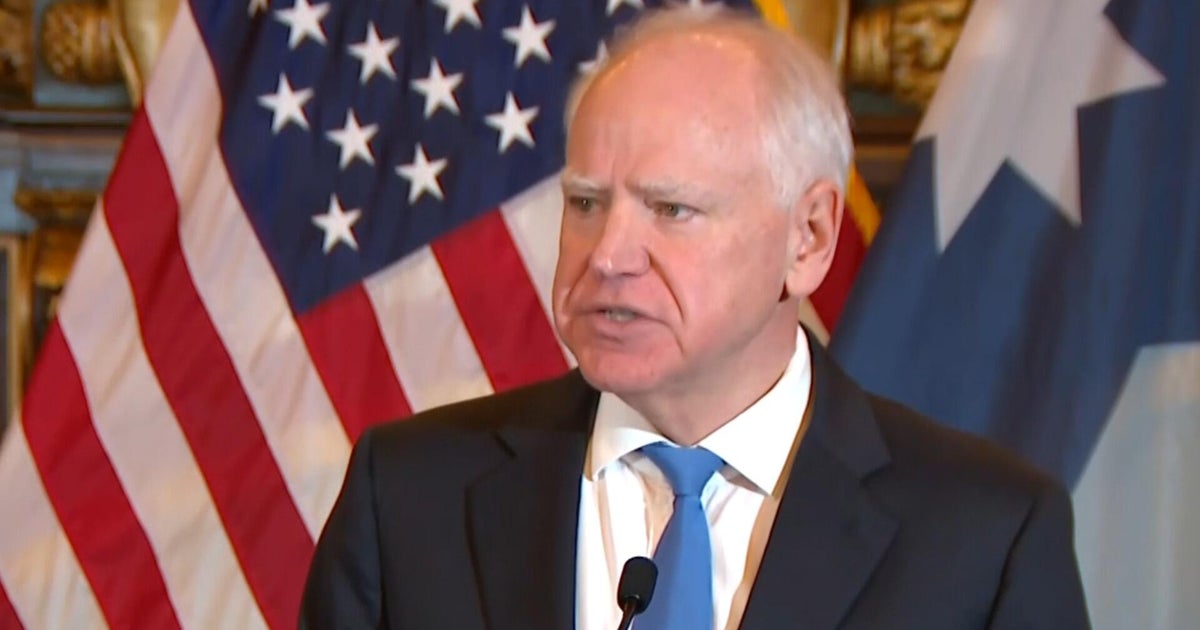FDA to announce how it'll increase imports to address baby formula shortage
The Food and Drug Administration will soon announce how it plans to increase imports of infant formula from abroad, as U.S. parents and babies grapple with a formula shortage sparked in part by the closure of an Abbott facility in Michigan.
But President Biden will not be invoking the Defense Production Act to increase production at this time, senior administration officials told reporters on a call Thursday. The production of infant formula in the U.S. now surpasses production before the the discovery of bacterial contamination shuttered the Abbott facility in February, but those senior officials could not say when shelves will be fully stocked again.
"We know that the American people need to see products on the shelves consistently," one official said, adding, "I don't have a particular timeline for you, but we are working closely with partners across the federal government."
The Biden administration is also encouraging states to crackdown on price gouging and encouraging states to allow low-income families enrolled in the Special Supplemental Nutrition Program for Women, Infants and Children (WIC) to use those benefits on a wider variety of infant formulas.
The FDA says the agency "is doing everything in its power to ensure there is adequate product available where and when they need it."
"This around-the-clock work has already begun to improve supply with most manufacturers, now producing at normal or expanded capacity," an FDA spokesperson told CBS News. "The FDA expects that the measures and steps it's taking with infant formula manufacturers will help to increase supply. At the same time, it is important that the FDA continue its work to ensure that Abbott can undertake safe resumption of production of infant formula at Abbott Nutrition's Sturgis, Michigan facility, to further alleviate these supply challenges, which remains an important focus."
The vast majority of baby formula — about 98% of what's consumed — is produced domestically. The FDA has strict requirements about the vitamin content, formula packaging and labeling that raise high barriers to importing formula. And the U.S. also imposes 17.5% tariffs on imports of infant formula.
Some lawmakers like GOP Sen. Josh Hawley, of Missouri, have questioned why the Biden administration hasn't done more to bring the Abbott facility back on line.
"Has Biden explored using the Defense Production Act to reopen the formula plant his FDA closed, or is he going to continue to just sit around," Hawley tweeted Thursday.
Senior administration officials, asked about the DPA, said they'll "continue to explore every option on the table." The president met with the leadership of companies that make infant formula on Thursday, and those producers conveyed what they need from the administration, senior administration officials said. The officials didn't elaborate on the exchanges in the meeting.
They also pushed back on the criticism from some Republicans that the Biden administration is doing too little, too late.
"I can assure you that this is not new to the White House's radar," one official on the call with reporters said. "We have been working on this issue since the very beginning in the days leading up to the recall and ever since then. Since mid-February, we have been working closely with USDA and FDA…"
The president spoke with companies that produce and sell infant formula Thursday.
"Today we had a productive conversation with President Biden on ways we can work together to address the nation's infant formula shortage," a spokesperson for Enfamil said. "We are running our plants 24/7, which has enabled us to increase supply to parents and infants by more than 30% - feeding over 200,000 more babies than at the start of the shortage."



